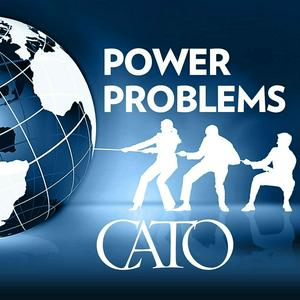Reconsidering US Strategy in Europe & Asia
Miranda Priebe, senior political scientist at RAND, discusses US strategy towards Europe and Asia and how to manage relations with Russia and China. She talks about changes to US posture towards Europe and Russia following the Ukraine war, NATO strategy, how to manage the Russia-China relationship, and potential changes to US posture in Asia, particularly towards Taiwan. She also touches upon the ‘isolationist’ label, the complicated politics of restraint, and how to put diplomacy at the forefront of US foreign policy, among other topics. Show NotesMiranda Priebe, Jasen Castillo, “Here’s why Trump’s foreign policy is hard to pin down,” MSNBC.com, December 28, 2024.Miranda Priebe, John Schuessler, Bryan Rooney, Jasen Castillo; “Competing Visions of Restraint.” International Security 2024; 49 (2): 135–169.Miranda Priebe and Sam Charap, :”Will Putin Stop at Ukraine? That’s the Wrong Question.” The Washington Quarterly, 47(3), 143–159.Miranda Priebe, et al. “Like-Minded Allies? Indo-Pacific Partners' Views on Possible Changes in the U.S. Relationship with Taiwan.” Santa Monica, CA: RAND Corporation, 2023.Miranda Priebe and Sam Charan, “Planning for the Aftermath: Assessing Options for U.S. Strategy Toward Russia After the Ukraine War.” Santa Monica, CA: RAND Corporation, 2024. Hosted on Acast. See acast.com/privacy for more information.
